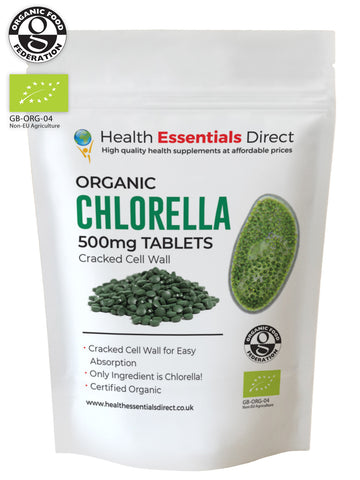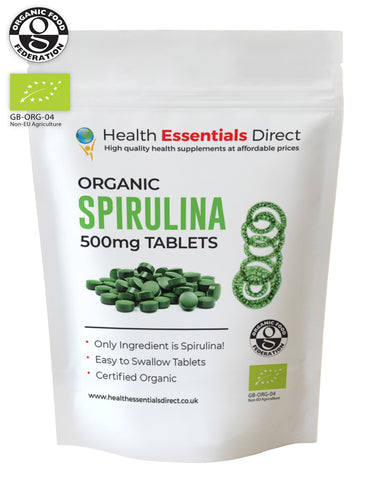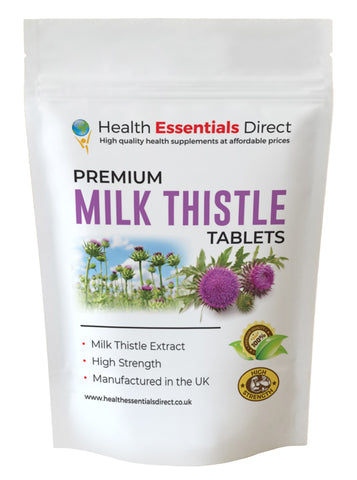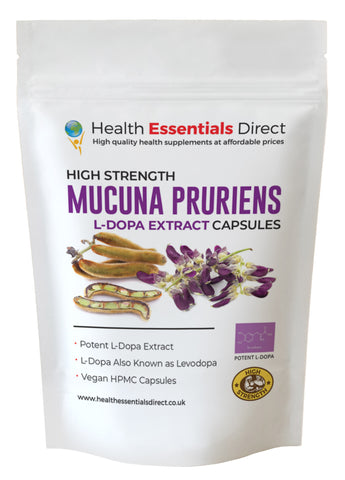Fenugreek Capsules Powerful 600mg
2Fenugreek Capsules 600mg
-
Strong 600mg Vegan Capsules
-
100% Fenugreek, No Fillers
-
Traditional Used in Ayurveda
About Fenugreek
The fenugreek plant (Trigonella foenum-graecum) is an annual herb that is native to India and Southeastern Europe. Nowadays it is grown in other countries like Egypt, Ukraine, and the Mediterranean region specifically in Morocco, Lebanon, and Southern France. The fenugreek plant belongs to the family Fabaceae also commonly known as the Pea family. Trigonella which is its generic name is a Greek word with the meaning “having three angles”. This is used to describe the shape of the leaves of the Fenugreek plant. The term Fenugreek is derived from the Latin word feonum graecum which translates to Greek hay. The local names for Fenugreek in India are Methe in Bengali and Gujarati, Vendayam in Tamil, Menthulu in Telugu, Menthya in Kannada, Ventayan in Malayalam, and Methe in both Oriya and Sanskrit. Fenugreek is also referred to as Fenugrec in French, Fenegriek in the Netherlands, Pazhitnik in Russia, Bockshornklee in Germany, Alholva in Spain, k’u-Tou in China, and Fieono Greco in Italy.
The fenugreek plant grows to a height of about 30-60cm. It has pale green leaves that look like those of the clover plant. They are small and oval. Their flowers are tiny and white to yellowish. The plant has oblong pods which are approximately 15 cm in length. Enclosed within these pods are tiny, yellowish-brown, stone-like seeds. These seeds have a rhombic shape and are split in the middle by a slightly deep furrow. The seeds are the most important part of the fenugreek plant as they are usually harvested, roasted, and ground to form fenugreek powder. This powder has a strong smell and a bittersweet taste. This powder is processed further into fenugreek capsules which contain a higher concentration of important compounds. The fenugreek plant thrives in Mediterranean climates. It is grown during spring because very cold weather conditions inhibit the development of the young plant. This plant requires well-drained soils to grow well. The rainfall should be moderate or low.
Remnants of the fenugreek plant which were discovered by archaeologists in Tell Halal Iraq date back to about 4000 BC. This herb was widely revered by ancient Egyptians and was used for many purposes. It was a common belief among them that applying Fenugreek on burns could alleviate the pain and help them recuperate. They also used Fenugreek to help pregnant women to give birth without complications. Fenugreek was also used during mummification, a common practice in Ancient Egypt. Hippocrates, a famous Greek physician highly regarded this plant for the soothing effect it had on the body. It is claimed that the Fenugreek plant was boiled, mixed with oil, and poured on walls of the city during the first Jewish-Roman war. This prevented the Romans from ascending the walls and invading their city. For centuries, this plant has been consumed during Rosh Hashanah, the Jewish New Year, to help someone receive many blessings in the subsequent year. This plant was also used as fodder for cattle by Ancient Greeks and Romans. In India, the plant was and is still used as a fodder crop for cattle Cultivation of the same is therefore still popular in the larger states i.e. Pradesh, Punjab, Gujarat, and Maharashtra.
- Please note it is against MHRA guidelines for us to talk about any potential health benefits for this supplement however a quick google search on the potential benefits and you may be surprised.
How to use: We suggest taking 2 - 3 capsules daily with water
Share this Product
Fenugreek capsules
The product arrived quickly and I love it. I will be ordering more this week
Happy
Still in my first week using them, so a bit early to tell. As for the service, excellent. Super quick delivery, good price. Definitely be using again.







